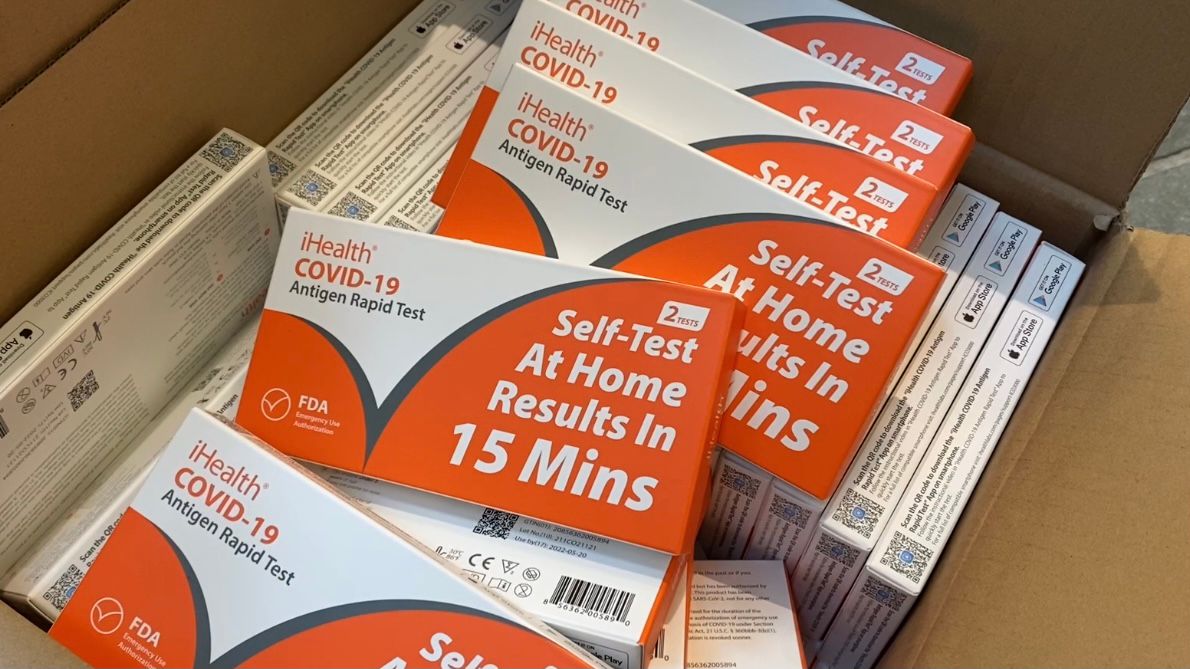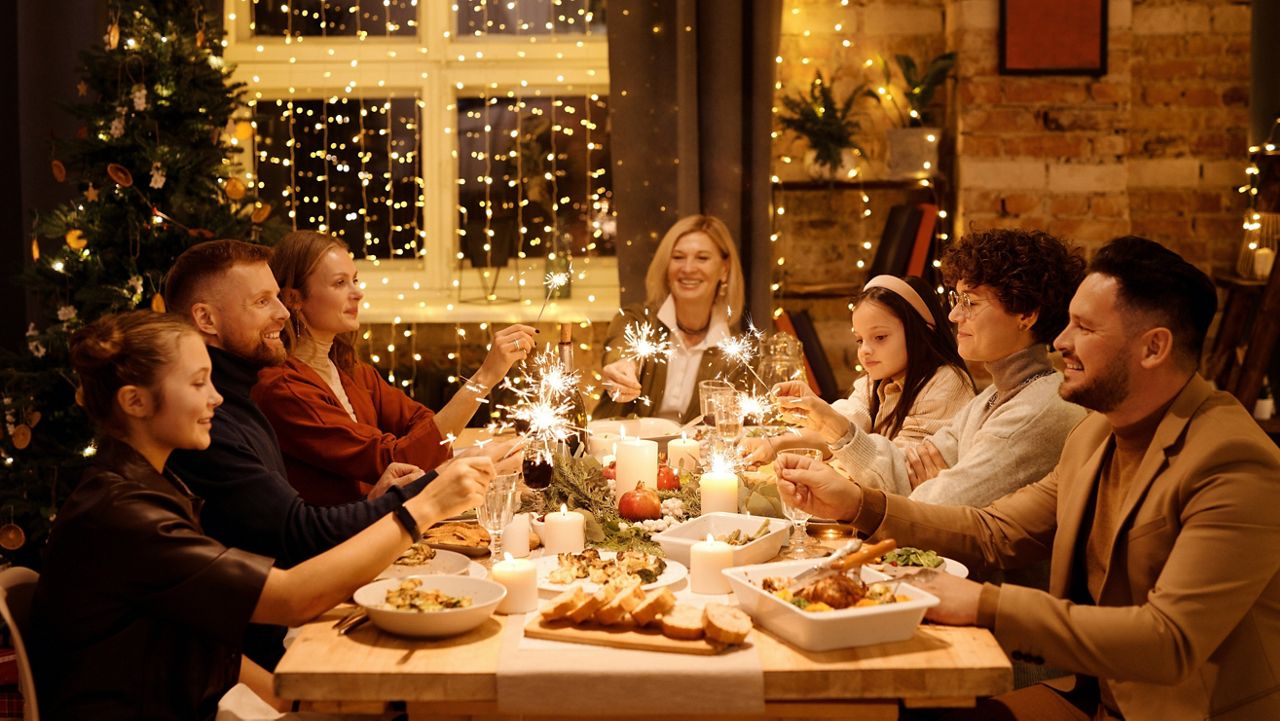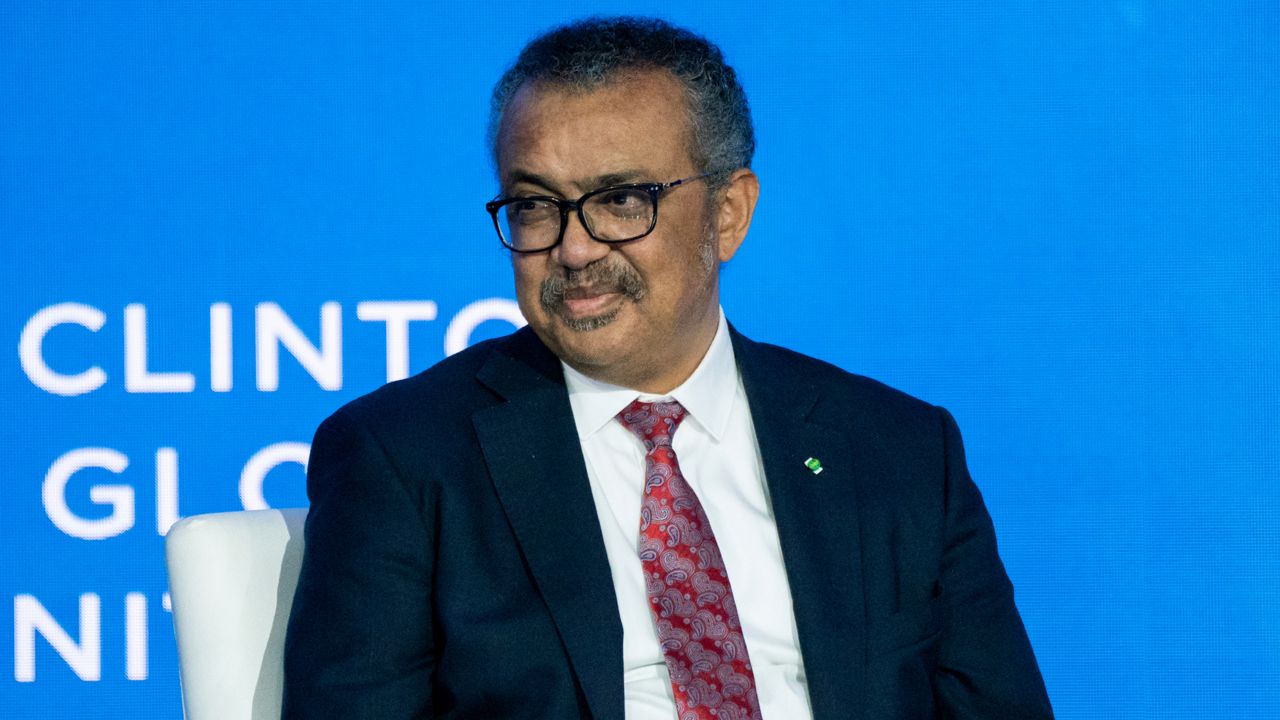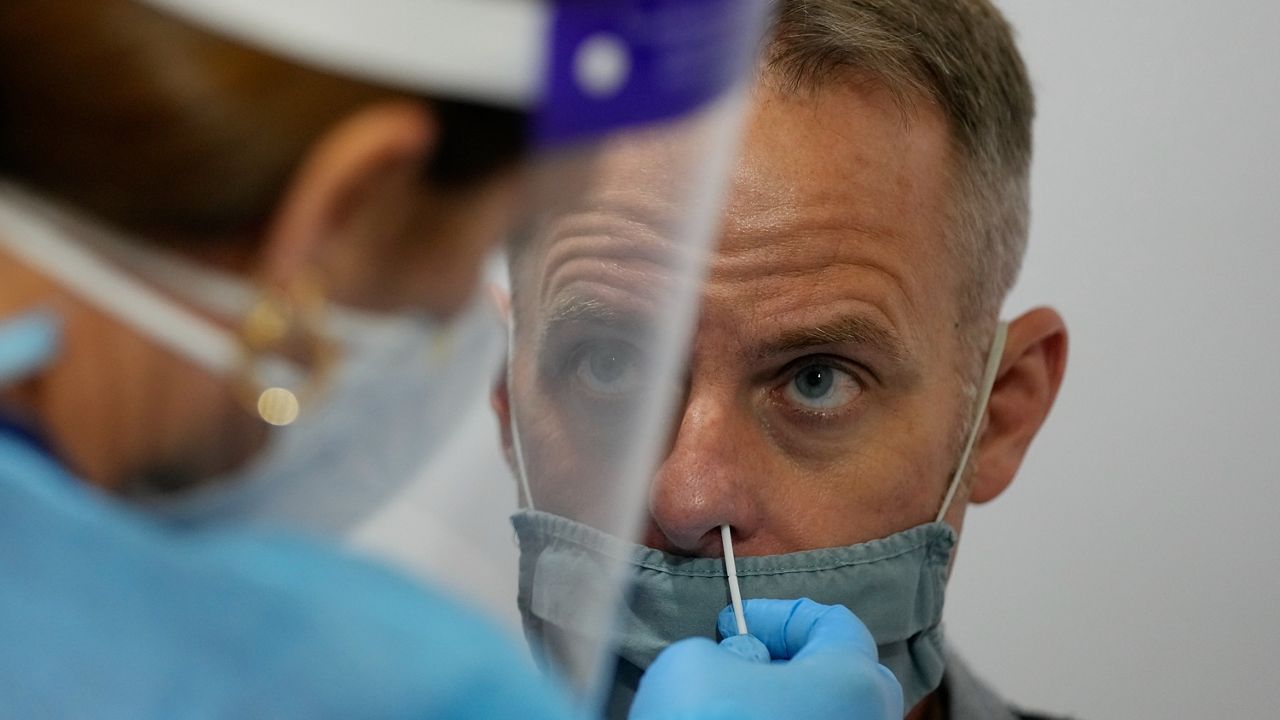LOUISVILLE, Ky. — If you’ve been exposed to COVID-19, you may not receive a call from your local public health department because they're prioritizing their resources due to the surge in positive cases.
What You Need To Know
- Those exposed to COVID-19 may not receive call from health department
- Local health departments prioritizing resources due to surge in cases
- Those who test positive askes to call those they may have exposed
“Just to kind of put things into perspective, when we started this journey back in March…the cases that were coming in averaged about one a day,” Lincoln Trail District Health Department’s (LTDHD) Spokesperson Terrie Burgan said. “Now in November, we were the highest that we’ve been since that time, from March to November is about 200 [cases] a day, 150 [cases] a day right now.”
More cases mean more COVID-19 positive Kentuckians. Public health departments, like LTDHD, have to call to make sure they isolate, and they also follow-up to check on their health.
Currently, 114 of Kentucky’s 120 counties are in the red zone, which means there is an average of more than 25 new daily COVID-19 cases per 100,000 residents based on the previous seven days of reporting.
LTDHD covers six counties, and all are in the red zone. The surge in cases has strained the department’s resources so, in mid-November, LTDHD chose to prioritize its contact tracing.
Health departments have disease investigators, usually an RN or clinician, who call people with confirmed COVID-19 cases. Then, contact tracers call that person’s close contacts.
According to the CDC, a close contact is a person who:
- Was within 6 feet of someone who has COVID-19 for a total of 15 minutes or more.
- Provided care at home to someone who is sick with COVID-19
- Had direct physical contact with the person (hugged or kissed them)
- Shared eating or drinking utensils
- Was sneezed, coughed, or somehow got respiratory droplets on by the COVID-19 person.
To keep up with the number of calls, Burgan said LTDHD is now only calling positive COVID-19 cases, family members they live with, and close contacts at a higher risk if they were exposed to COVID-19, like the elderly or immunocompromised.
“Those individuals who do not fall in those categories will not receive a call from us. What we’ve asked our [positive COVID-19] cases to do is we’ve enlisted their help to help us notify those individuals that we are no longer following, so family members, coworkers, friends, to make them aware that they have been exposed and to ask them to quarantine for the time period recommended,” Burgan said.
In an email, Burgan wrote that the week of Nov. 16, when the LTDHD changed its contact tracing focus, it made 521 contacts. The last week of October, she said the department made 1,100 contacts.
“So we have decreased the burden on public health by around 50 percent, moving to only following household contacts,” Burgan wrote in the email.
LTDHD isn’t the only health department in Kentucky asking for help.
Northern Kentucky Health Department said it’s also advising new COVID-19 cases to notify their family, friends, coworkers, and any others who meet close contact criteria, to self-quarantine.
In an email, the department’s Epidemiology Manager Zachary Raney wrote, “Just like other parts of the Commonwealth, the rapidly increasing COVID-19 rates in Northern Kentucky are outstripping the health department’s capacity to continue contact tracing in the same way it has been performed previously, and efforts must now be prioritized.”
Lexington-Fayette County Health Department (LFCHD) said in an email that it’s also streamlining its process in the same way and only following-up on contacts in certain higher-risk situations so that its team can focus on identifying and contacting the increasing number of new cases to isolate them.
“We’ll continue working closely with child cares, long-term care facilities and other congregate living areas, along with schools. They might make the calls to close contacts, but we’ll continue guiding them through the process. Our business team will also continue working with Lexington businesses to assist them,” LFCHD’s Communications Officer Kevin Hall said in an email.
Barren River Health Department (BRHD), which covers eight counties in Western Kentucky, emailed that it’s been prioritizing case investigations with healthcare workers, children/adolescents, and those who are within congregate settings like nursing homes.
“We are still completing our case investigations and providing them with isolation letters. We are educating cases on how to determine who their close contacts are during their infectious period and providing them with a quarantine advisory letter that they are responsible for giving to their identified close contacts,” wrote BRHD’s Regional Epidemiologist, Layne Blackwell, in an email.
Blackwell also said that since the public health department stopped its contact tracing in mid-November, it hasn’t taken as long to contact positive COVID-19 cases.
Mark Carter leads Kentucky’s contact tracing program. During last Tuesday's coronavirus briefing, he said there is a chance close contacts, who aren’t at high-risk if exposed to COVID-19, may not get a call from their local health department.
“We’ve really reached a point where we are being overwhelmed in terms of our disease investigation, contact tracing efforts, and I think that’s in part because we haven’t had the level of compliance that we need to have with public health recommendations, around masking, social distancing, and so forth,” Carter said.
Burgan said LTDHD uses the honor system to ensure positive COVID-19 cases call their close contacts, and that prioritizing the team’s time has allowed them to be more efficient and strategic.
“I think that is the biggest bang because doing those two things allows us to then hopefully have a greater impact on mitigating the spread of COVID in our community,” Burgan said.
If you test positive for COVID-19, the Kentucky Department of Public Health says to quickly tell your close contacts, who should quarantine since last seeing you. You can also read this guidance on how to let your close contacts know.
If you were exposed to COVID-19, read this guidance from Kentucky Public Health on what to do if your local health department calls you and the steps to take to protect yourself and others.










